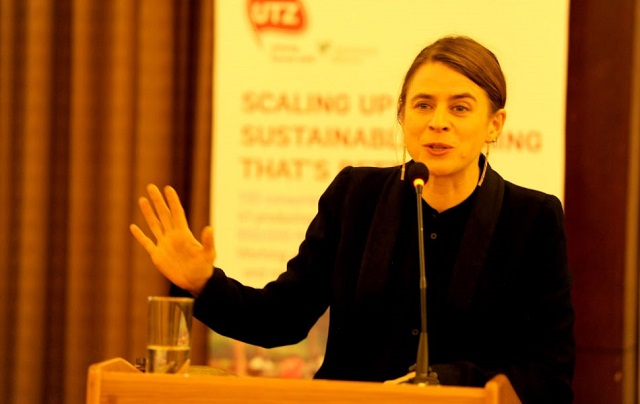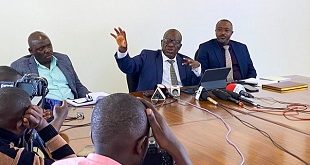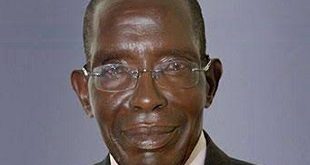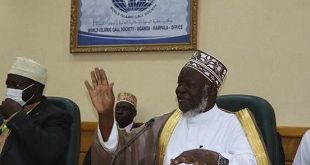
Kampala, Uganda | JULIUS BUSINGE | Players in the coffee sector in Uganda and beyond have spoken out on what needs to be done for the crop to yield more tangible benefits to the people and the economy at large.
Speaking at the African Fine Coffees Association Sustainability Day at Serena Hotel on Feb.13, players said there is need for governments in Africa to engage the youth in the coffee value chain since they are the most unemployed; they also said that women need empowerment in terms of capital, land acquisition, training in advanced methods of farming, marketing, organisation and more. These measures, players said would improve production and productivity of the crop.
The day, which was organised by UTZ in conjunction with AFCA, was intended to discuss contemporary issues affecting coffee sector ahead of the official opening of the 16th AFCA conference starting tomorrow – Feb.14 – running up to Friday, Feb.16, which will attract over 1500 delegates from across Africa.
Britta Wyss Bisang, the chief sustainable supply chains officer for UTZ said that, through their sector partnership program, they are going to liaise with government of Uganda and other players to see to it that the youth are engaged in policy dialogue on matters coffee which would feed into the country’s coffee agenda.
Bisang added that there is need for government to organise farmers in cooperatives so as to ensure that they bargain for marketing and other coffee deals throughout its value chain.
Emmanuel Niyibigira, the managing director at Uganda Coffee Development Authority (UCDA), said that in addition to the coffee roadmap that they are using to promote the crop, they are pushing for the coffee bill to be passed into law to pave way for new innovations, marketing, quality, production incentives and funding for the sector.
“We want a farmer to be at the centre of this commodity,” Niyibigira said, before urging roasters, farmers, NGOs, government, banks, suppliers, retailers to join hands to tackle challenges facing the coffee sector in Uganda.
Speaking as Chief Guest, the State Minister for Agriculture, Christopher Kibanzanga said Uganda’s current coffee roadmap caters for all concerns relating to coffee farming.
“The coffee tree is the farmer’s greatest asset,” he said in reference to queries regarding the need to support local farmers to up production volumes and improve quality issues. He added: “Coffee was everything to us…social security, bank, credit, food.”
He said that government is optimistic that its plan of planting 300 million trees per year will increase output of coffee from the current 4.5 million 60-kg bags to 20 million bags by 2025. He said beyond that, more than 500, 000 jobs will be created in the coffee value chain.
Uganda is the 8th largest producer of coffee in the world. The crop is the second most traded commodity in the world and it contributes 20-30% to Uganda’s foreign exchange earnings per annum.
Kibanzanga said that government continues to allocate resources to deal with pests and diseases, extension workers, shortage of seedlings among others in an effort to meet the 2025 target.
“Introduce children to coffee farming at a tender age,” he urged parents, adding this will deal with the challenges relating to the ageing farming population and reducing unemployment.
The day’s event attracted over 100 participants from all corners of coffee business in Uganda and Africa.
 The Independent Uganda: You get the Truth we Pay the Price
The Independent Uganda: You get the Truth we Pay the Price


